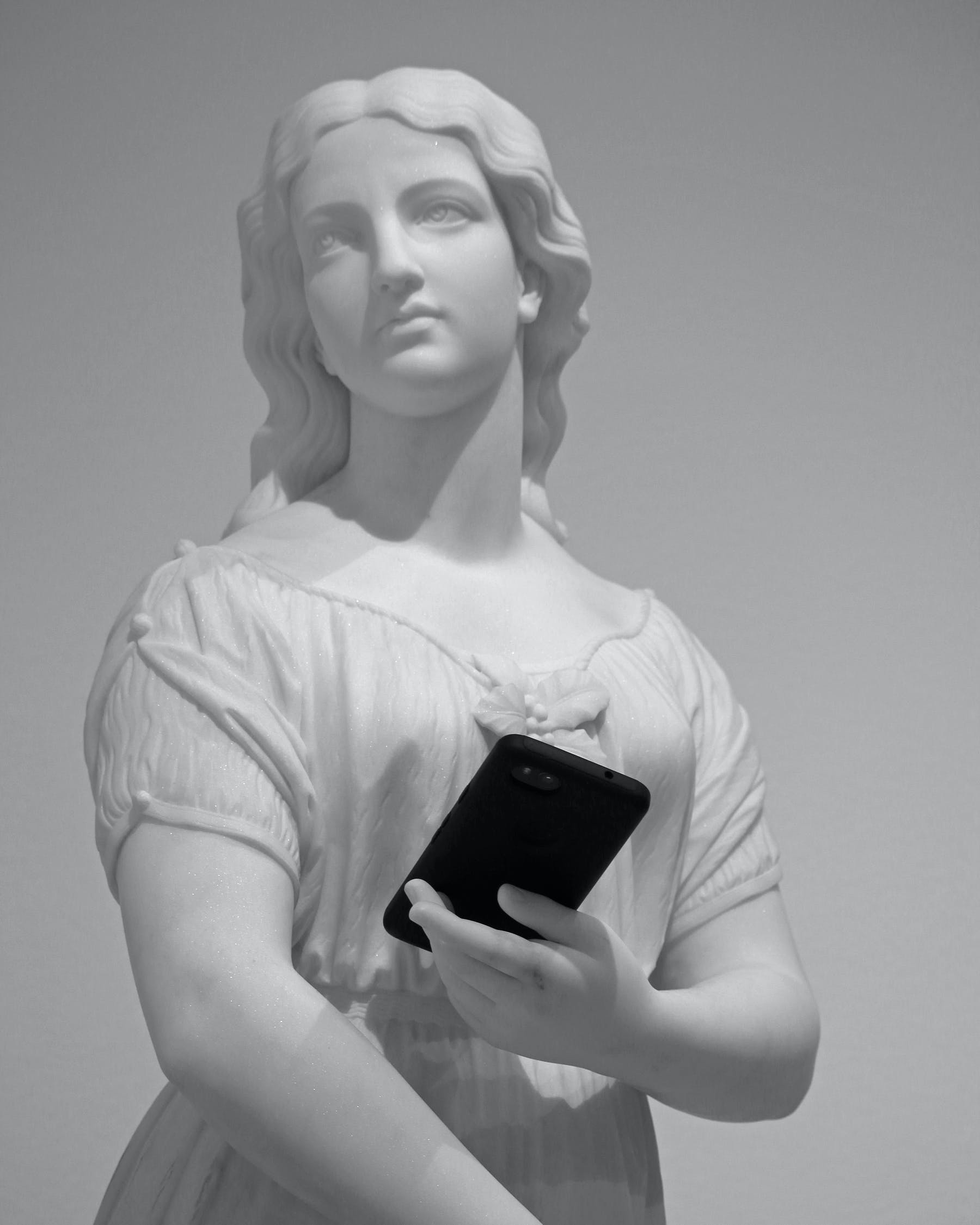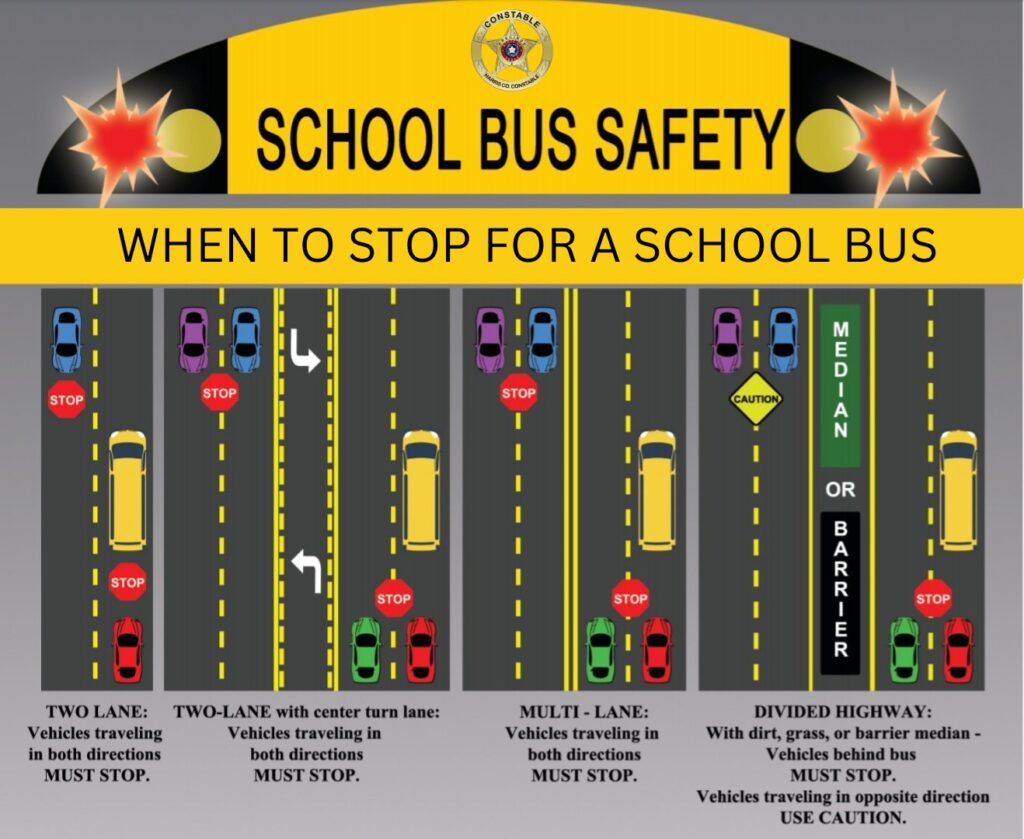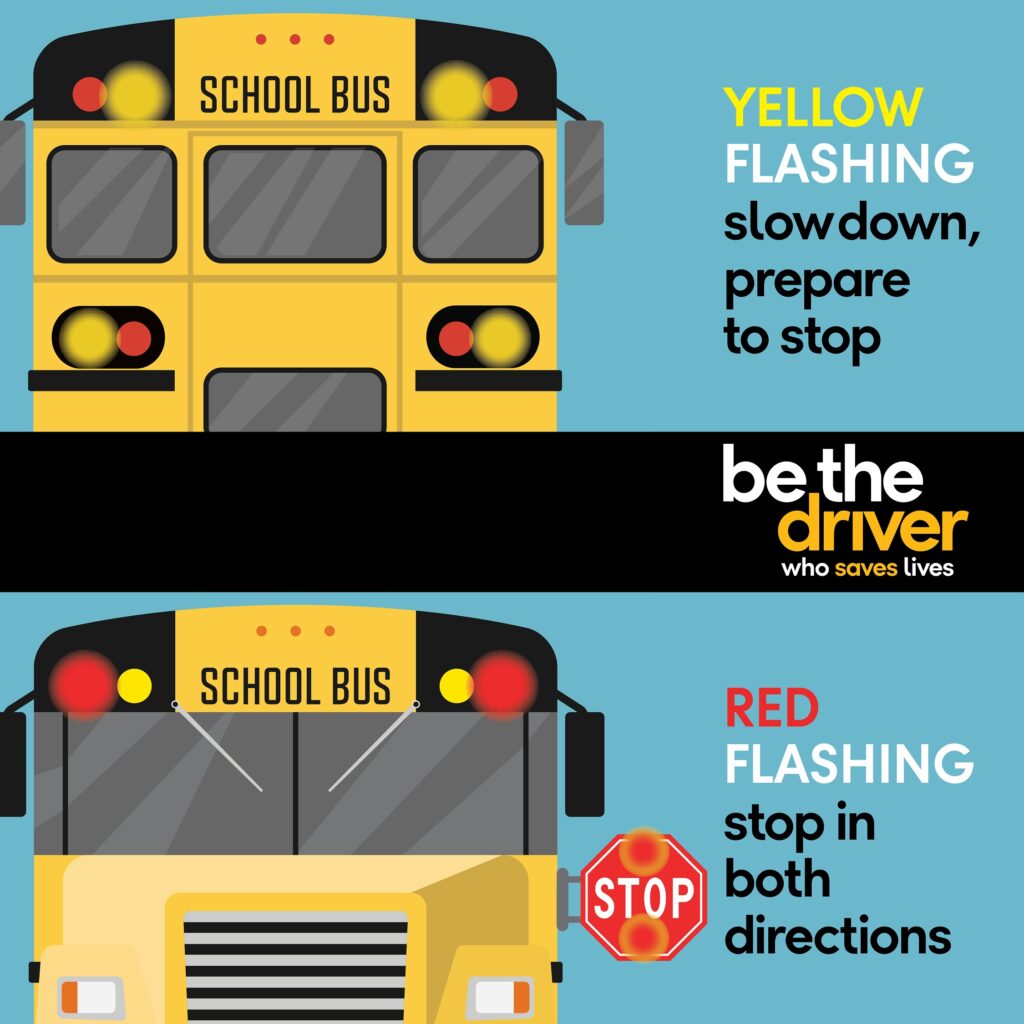There are no regulations requiring host families to give au pairs any specific holidays off. In the spirit of the au pair program, many host families will give their au pair the day off on major holidays (Thanksgiving, Christmas, New Year’s Eve, July 4th). Most au pairs look forward to sharing holidays like Thanksgiving and Christmas with their host families to truly experience American family life.
There are other federal holidays (usually on Mondays), when many offices and sometimes schools are closed. These are regular workdays for an au pair, unless their host parents tell them otherwise.
There are also days when the children will be home from school. These can be on holidays, special work days for teachers or closures due to bad weather. Host parents and au pairs should review the calendar sent home from school and mark these on the family calendar and/or au pair work schedule. It’s a good idea for au pairs to plan some activities to occupy children who are at home. Keeping kids occupied and engaged can prevent boredom and sibling squabbles.
Au Pairs – Please check with your host parents before you assume you have any holiday off. Do not make any travel plans until you have received confirmation that you will not work on this day.
Host Parents – Please let your au pair know in advance when she will have a holiday off or a day when kids will be home from school, so she may plan accordingly. When there are school days off, be sure to make adjustments to your au pair’s work schedule to stay within the State Department regulations: not exceeding 10 hours per day or 45 hours per week (or 30 hours per week for Educare).
Photo: Dafne Cholet











